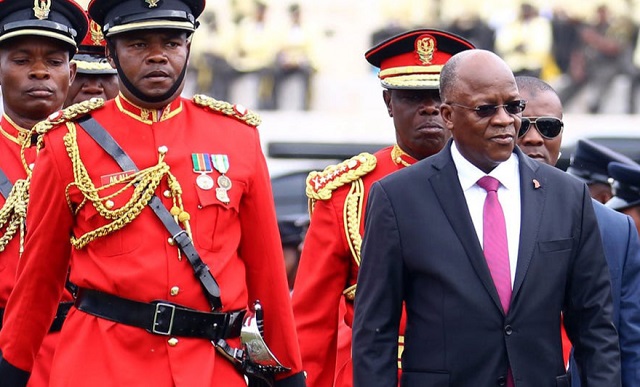
It puts Magufuli’s leadership style in sharp relief as he polarises the nation and consolidates power in the presidency
| AIKANDE CLEMENT KWAYU | One of the main points of discussion around the various responses to the COVID-19 pandemic is governance. Different countries have reacted to the pandemic in different ways. These differences are informed by varying styles of leadership and governance around the globe.
Countries with open and transparent governing styles have taken a more hands-on approach by engaging diverse stakeholders. Scholars who examined the COVID-19 responses in China, Japan and South Korea, for example, found that there was systematic evidence that different governance decisions led to different results.
In the case of Tanzania, I argue that COVID-19 has revealed, rather than informed, the governance style under the current administration.
Writing about India’s handling of the new coronavirus, Amartya Sen – professor of economics and 1998 economics Nobel laureate – said: “tackling a social calamity is not like fighting a war, which works best when a leader can use top-down power to order everyone to do what the leader wants — with no need for consultation”.
In line with this thinking, being transparent and engaging diverse groups, including both loyalists and critics, is crucial for governments in the fight against the virus.
In Tanzania, President John Magufuli has taken the opposite view. He has framed COVID-19 as a war and not a health calamity requiring scientific consultation. As a result the handling of the pandemic has been at the whim of the president.
Since Magufuli expressed his doubts on the professionalism of the national laboratory, no more updates on COVID-19 have been made. It’s no longer easy to tell if data being released by the government is grounded in science, or whether it is simply that the president wants lower figures reported.
Magufuli’s COVID-19 response is typical. He is a president who has always taken an idiosyncratic view of leadership. Since his election in 2015, he has acted unilaterally. This has divided the country, while consolidating power in the presidency. Even his own ruling party has become a casualty of his autocratic style of leadership.
Idiosyncratic response to COVID-19
Magufuli has downplayed the pandemic’s threat and encouraged the use of local and home remedies such as drinking ginger and lemon tea, and steam therapy as a way to prevent infection.
He publicly questioned the efficacy of the COVID-19 tests used in Tanzania’s laboratories. He then promised to send a plane to collect Madagascar’s traditional remedy for the virus.
This statement marked the end of the health minister’s daily updates on the country’s COVID-19 response. It was followed by a presidential proclamation that that God was answering the prayers of Tanzanians against the pandemic.
The president then appointed a new deputy health minister, probably because the previous one had questioned the use of steaming therapy to manage the virus.
Two weeks earlier, the president had appointed a new Constitutional and Legal Affairs minister, following the sudden death of his predecessor. The new minister was given the unusual task of investigating the activities of the national laboratory and its handling of COVID-19 testing.
Both men had previously supported Magufuli’s response to the pandemic.
These appointments give the real impression that loyalty to the president is very important in Tanzania. Dissenters are not tolerated. It’s no surprise that the official leader of opposition in parliament was rebuffed when he extended an offer to work with the government to fight the virus.
Civil society organisations have also been sidelined. But faith-based organisations have been won over by the government’s decision to keep places of worship open. Religion has been framed as a more appropriate response to COVID-19 than science.
 The Independent Uganda: You get the Truth we Pay the Price
The Independent Uganda: You get the Truth we Pay the Price



